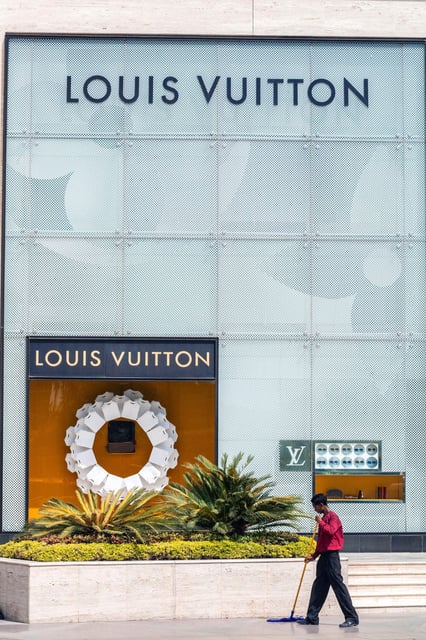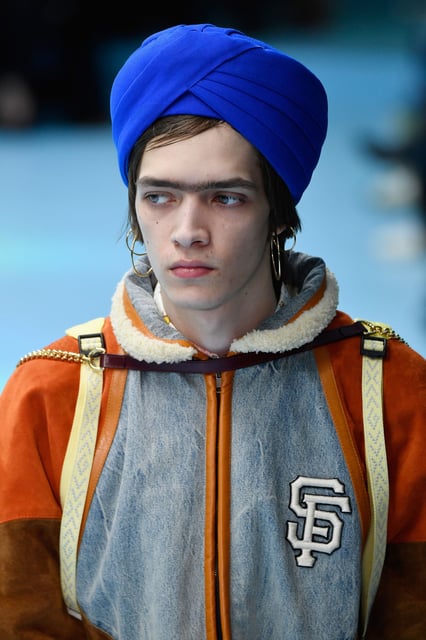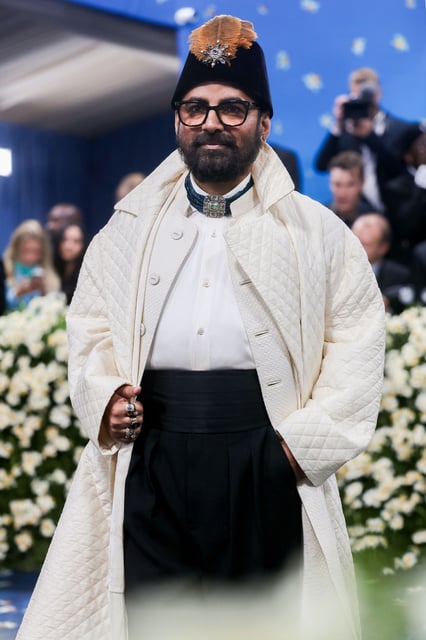Overview
- Prada’s collaboration with Kolhapur artisans marks its first effort to co-develop a sandal line that honours 2019 GI status and shares benefits with local makers.
- A Bombay High Court public interest litigation was dismissed after petitioners failed to prove GI proprietorship or consumer confusion under India’s Geographical Indications Act.
- Legal experts warn that enforcement gaps in India’s GI regime allow luxury houses to imitate protected designs without using GI names or misleading consumers.
- Netizens and fashion commentators have identified Prada’s new antiqued leather pumps as resembling Punjabi jutti, extending the debate over uncredited appropriation.
- The sandals controversy has already boosted sales of authentic Kolhapuri chappals and intensified calls for stronger IP rules and transparent brand–artisan partnerships.



